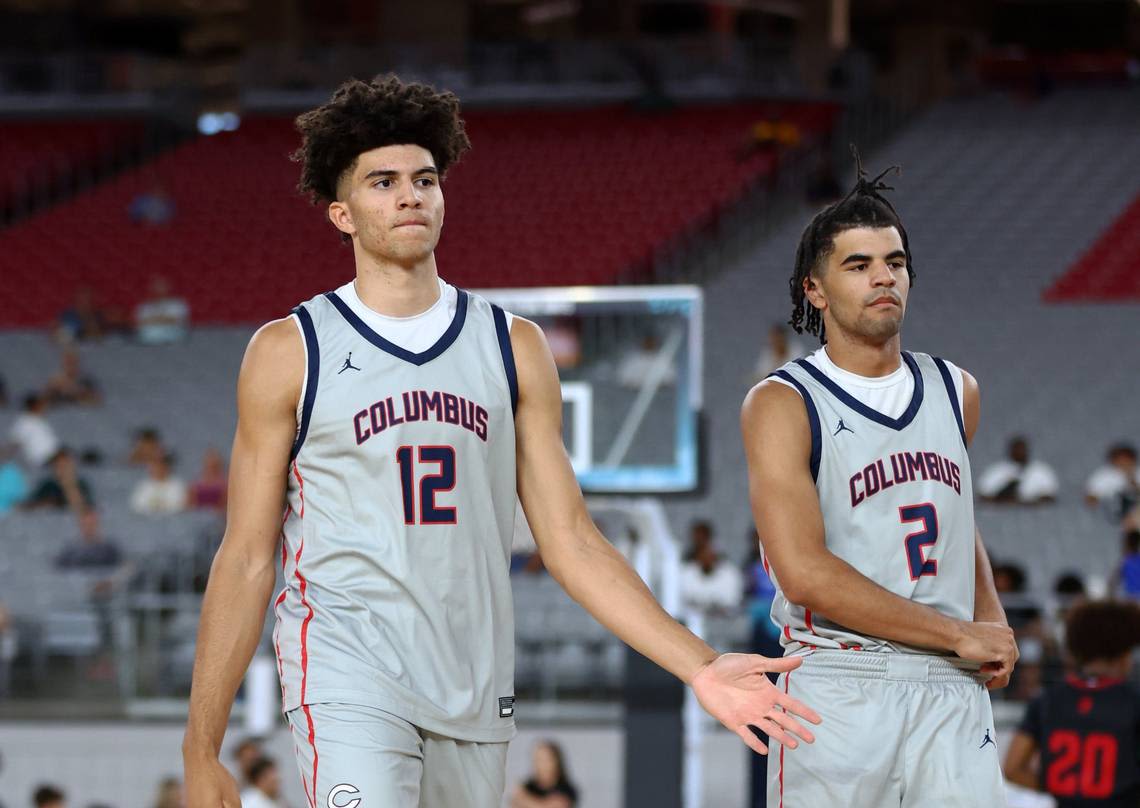Search results
Find a trustworthy and flexible online college learning option that works best for you using U.S. News rankings, data and expert advice.
- How Much Does An Online Bachelor's Cost?The cost of an online bachelor’s degree varies based on what school you choose, whether it’s a private school or a public school, and by your state...
- How Long Does an Online Bachelor's Take?An online bachelor’s degree can take the same amount of time as an in-person bachelor’s, which is four years, since the coursework is the same. Mos...
- How to Talk to Prospective Employers About Your Online Degree?You can talk about your online degree openly with a potential employer – it’s a good opportunity to showcase the rigor of the program you attended,...
- What Are Some High Paying Online Degrees?An online degree can help prepare you for a range of lucrative careers. On the list of U.S. News’ 25 Best Paying Jobs, petroleum engineers, who des...
- What Online Degrees Are In Demand?According to the U.S. Bureau of Labor Statistics, the jobs projected to have the fastest growth from 2020 to 2030 that require a bachelor’s degree...
- Fully Online
- Synchronous vs. Asynchronous
- Blended vs. Hybrid
- Massive Open Online Courses
Many programs are fully online, which means you don’t need to visit campus. You’ll take classes virtually with no in-person requirements. However, some fully online programs do require face-to-face components such as labs, practicums, or internships. Distance learners can complete these requirements in their local area. When researching programs, c...
What’s the difference between synchronous and asynchronous classes? Synchronous classes take place at a set time. Students attend live lectures where they interact with faculty and classmates. In contrast, asynchronous classes use recorded lectures that students watch on their schedule. Some prefer the live interaction of a synchronous format. Busy...
You’ll encounter many different course structuresat online colleges. For example, you’ve likely heard of a hybrid program. But what’s the difference between blended vs. hybrid programs? Many students think “blended” and “hybrid” mean the same thing for online learning. But there’s an important difference. Hybrid programs use online and in-person cl...
MOOCs let you take courses online, and you can often find free online classes. And many universities offer MOOCs in many subjects through their online learning platforms. However, MOOCs typically do not count toward a degree as they do not grant credits. Instead, you’ll receive a certificate of completion.
Look for short-term training programs near you at Local Training Finder. Get started with these simple steps: Enter a keyword for the type of job or training you’re looking for. Enter your location to view a list of programs near you.
2024 Best Colleges for Adult Learners in America. Best colleges. College type. General area of study. Majors. Online friendliness. Fully online. Large online program. Some online degrees. Cost (net price) Select a value. Student body size. Small. Medium. Large. Specialty. Liberal arts. All-women. All-men. HBCU. Hispanic-serving institutions.
News about Harrison Butker, Morehouse College, commencement speech
News about Texas Longhorns, NCAA, quarterback Quinn Ewers
Also in the news
People also ask
Where can I find free online classes?
Which online college programs offer free online classes?
Is online college a good option?
How do I choose the best online college?
- Adult basic education. Typically aimed at people who are over 16 and not enrolled in school, these programs are designed to boost students' abilities in reading, writing, and math.
- High school equivalency. The U.S. Census Bureau reports that roughly nine percent of American adults over age 25 have not completed high school. If you're one of them, you can change your circumstances by taking an adult education program that helps you acquire a diploma or equivalent credential.
- Vocational training. Many adult education providers offer career and technical education programs that can help you prepare for rewarding opportunities in fields like healthcare, information technology, the culinary arts, and the skilled trades.
- Continuing education. Continuing education is a bit of a catch-all phrase. It encompasses a wide range of short courses or programs aimed at adults who want to pursue formal training outside of a traditional college program.
Improve Your English Language Skills. For students who would like to improve their English communication skills, Mission College offers three types of ESL (English as a Second Language) programs. Daytime, evening, weekend, and online ESL classes are available. Spring 2024 Credit Classes.
Contact Online Education. Stacey Y. Foster, MA. 314-513-4771. sfoster@stlcc.edu. btn left btn right. Whether you are beginning work on an online degree or certificate program or taking one or two courses online to accommodate your busy schedule, Online Education can help you prepare for success.





